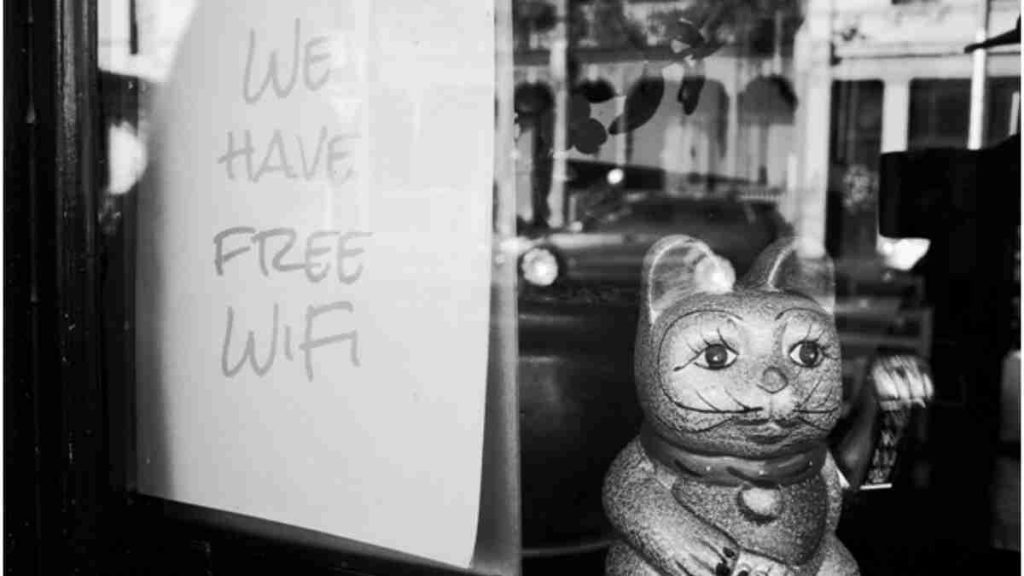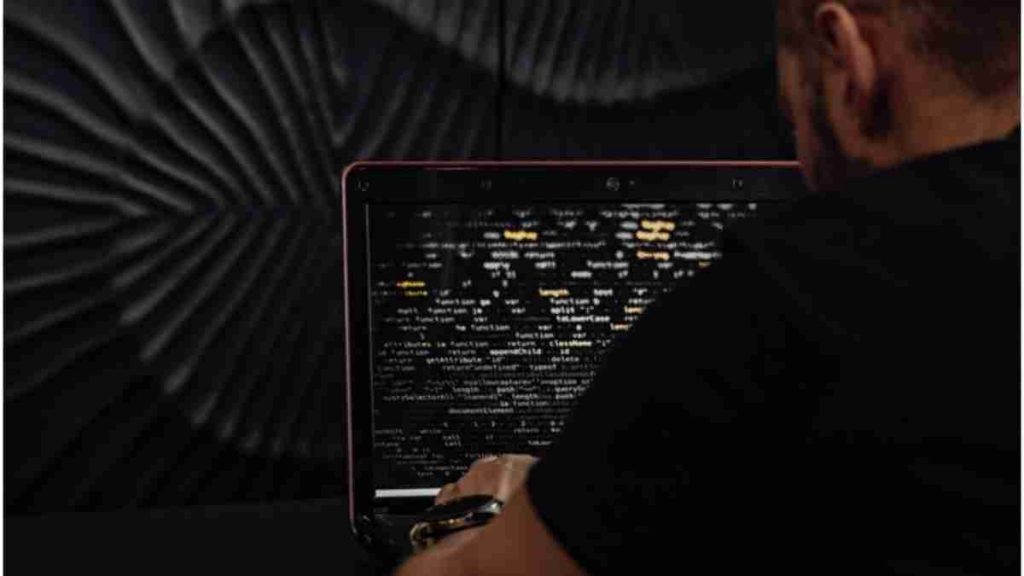A fourth of the world’s public Wi-Fi doesn’t have any form of security encryption. For information purposes, the basic requirement is to guarantee that the Wi-Fi network you are interfacing with is safe. Users making use of public Wi-Fi networks have a lot of significant and delicate data on their devices, some of which could pose a great threat or damage assuming a cyber criminal gets hold of it. VeePN Services Help to Secure Your Privacy.
Sadly, most public Wi-Fi users don’t understand the dangers they face. A public Wi-Fi network is intrinsically less secure than a personal or private one. Most of the time, users don’t have the faintest idea of who set it up, or who else is on the network with you and what their intentions might be.

If you must use public Wi-Fi, there are a few simple steps you can take to limit the potential harm.It is noteworthy to know the risks and dangers associated with the use of public Wi-Fi. Below is a rundown to assist you with knowing the 3 risks of public Wi-Fi.
Wi-Fi Safety Guidelines for Public Use
- Limit your actions while utilising public Wi-Fi.
Free Wi-Fi gives you a unique chance to shop the web, view entertainment online, access financial records or email. However, it is highly advised not to visit sites which save login details, passwords or Visa numbers for yourself; once cybercriminals obtain someone’s password they will attempt to use it again to learn more about that person.
- Use a secured VPN service.

VPNs can encrypt all the data that you send and receive. VeePN will cover you up your public IP, help to secure your data and protect you from possible cyber-attacks. A VPN can assist with safeguarding you from advanced snooping in the event of being on an open Wi-Fi.
Risks that could evolve from public Wi-Fi usage
- Eavesdropping
Anyone connected to VeePN-enabled public Wi-Fi networks can snoop on what another user sends with the use of a device called a bundle analyzer or parcel sniffer. This device is capable of viewing everything sent and received over the Wi-Fi network unless encoded with VeePN.
This device can also be employed for good intentions, such as recovering lost data or lawful tracing of criminals by intelligence agencies rather than simply siphoning off user data and information.
- Robbery of Personal Information
Quite possibly, the most genuine and biggest risk of using public Wi-Fi is the robbery of individual data. Individual data comes in four structures:
- Login details
- Monetary data
- Individual information
- Pictures
In the event that a cyber criminal gains entry to a public Wi-Fi user’s PC or other individual gadgets through a compromised public Wi-Fi network, for instance, a cyber criminal could gain access to a user’s login details and sign into the bank to withdraw the funds.
- Decoded Connections
When you connect to a site that utilizes encryption, the information sent through and scrambled is protected using an encrypted key. Without that key, anyone capturing that data would not have the capacity to decipher it; the result would appear identical to PC code. Not all websites offer VeePN protection; you can tell by looking for an HTTPS prefix before the website name.
When connected to a public Wi-Fi network, anyone within range of your PC can potentially steal everything that you send or receive.
Types of Cyber Attacks

- Phishing assault
This is the act of sending messages that give off an impression of being from a trusted source with the unholy intention of acquiring individual data. It makes use of 2 methods, which are social designing and specialised deceit. It could include a connection to an email that heaps malware onto a user’s PC, VeePN. Likewise, it could be a link with the direction to a particular website in order to deceive a user into downloading malware or giving over their data.
- Secret word assault
Passwords are the cornerstone of user authentication when accessing data frameworks. Illegally acquiring someone’s passwords is a common and successful attack strategy. Logging passwords into someone else’s personal space can be obtained through “sniffing,” which involves accessing either a secret word database or the association to obtain login passwords.
Conclusion
When a client’s personal information and data is stolen, recovering it can be an arduous task. Without the chance to correct errors and live with the consequence, clients must take measures to safeguard themselves. Thus, taking measures such as taking out credit card number in advance are highly recommended to protect yourself in such instances.
Read Also:




